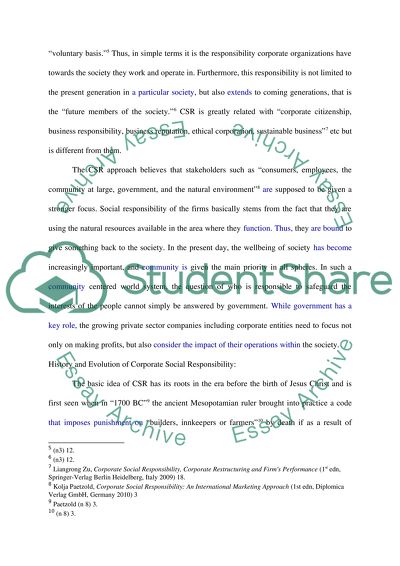Cite this document
(“Outline and discuss the evolution of CSR, including its history, role Essay - 1”, n.d.)
Outline and discuss the evolution of CSR, including its history, role Essay - 1. Retrieved from https://studentshare.org/law/1491384-outline-and-discuss-the-evolution-of-csr-including
Outline and discuss the evolution of CSR, including its history, role Essay - 1. Retrieved from https://studentshare.org/law/1491384-outline-and-discuss-the-evolution-of-csr-including
(Outline and Discuss the Evolution of CSR, Including Its History, Role Essay - 1)
Outline and Discuss the Evolution of CSR, Including Its History, Role Essay - 1. https://studentshare.org/law/1491384-outline-and-discuss-the-evolution-of-csr-including.
Outline and Discuss the Evolution of CSR, Including Its History, Role Essay - 1. https://studentshare.org/law/1491384-outline-and-discuss-the-evolution-of-csr-including.
“Outline and Discuss the Evolution of CSR, Including Its History, Role Essay - 1”, n.d. https://studentshare.org/law/1491384-outline-and-discuss-the-evolution-of-csr-including.


